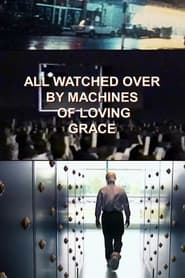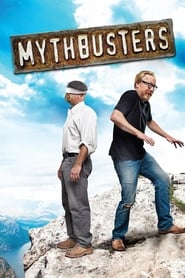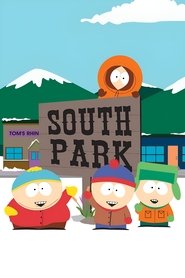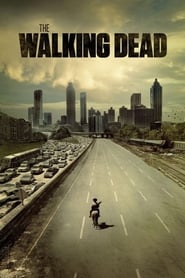
60 الموسم
1162 حلقة
Horizon - Season 39 Episode 8 الحلقة 8
The World Trade Center was built on revolutionary design principles. It turned conventional architectural and structural techniques on their head. Built from a thin web of steel, its design was efficient, cost-effective and would inspire a new wave in modern building techniques. The result was two towers that were both lightweight and strong. When they were completed they were the tallest in the world. They were also milestones of architecture for another reason. The two towers were the first skyscrapers explicitly designed to withstand being hit by a jet plane. Although they had considered an aircraft impact, the designers of the World Trade towers had not anticipated the effect of an aeroplane's fuel load. British-born survivor Paul Neal tells how he smelt jet fuel rushing through the lift shafts close to his desk. "I recognised it because I'm a private pilot. I recall smelling it and instantly dismissed it as being illogical because it didn't have any place in the World Trade Center." Survivor, Bill Forney, recalls the instant that the 767 aircraft hit the North Tower one floor above where he was sitting. "The building started shaking. It lurched back and forth. It was the first time that I had truly thought that I might die. After a terrifying six to ten movements back and forth it was over and it was done." The World Trade Center had ultra-lightweight floors, and used the latest fireproof 'drywall' to protect the stairwells and lift shafts. Much of this internal structure seems to have been vaporized when the planes crashed, exposing the underlying steel to the intense heat of multiple fires. Brian Clark was one of the only four survivors from both towers to escape from above where the planes hit. He describess clambering over the shattered walls to break through a smoke-filled stairwell to get out. "Drywall had been blown off and was lying up against the stair railing." he says, "We had to shovel it aside." Another survivor, window cleaner Jan Demczur, found the drywall so soft that he was able to dig through it with a squeegee to break out of a lift he was trapped in. The two towers responded differently to the initial impacts, because there were crucial differences between the collisions. The South Tower, struck second, was hit lower, and the damaged zone of the tower then had to support a much greater weight of building above it . Rather than being hit head-on, the South Tower was hit at an angle. The plane wreckage scraped along the inside of the east wall and piled up in the northeast corner. Here, the fire burned intensely. At the South Tower's inner core, one escape stair was left intact - the one furthest from the plane's path. Even then, only four people, one of them Brian Clark, managed to get down it. At the northeast corner and along the east wall, the connections between the floors and the outer wall began to break as the floors sagged in the heat. The floors were an essential part of the structure, bracing both the outer walls and the inner core. Already weakened by the impact and now unbraced, the outer wall columns of the South Tower could not support the weight above them. At 9.59am Eastern Time, they snapped. The entire top third of the tower then lurched to the north and east; the floors inside the rest of the tower piled down onto those below. The downward wave of destruction - a progressive collapse - was then unstoppable. Meanwhile, the North Tower, which had been hit first, was still standing. The core of the Tower had been hit head-on, and the core had been left mostly undamaged by the impact. However, the direct hit cut off all the escape routes without exception. Meanwhile, the fire inside the North Tower was spread around the core. Again, connections between floors and columns started to fail in the heat, but here in the North Tower, it was the connections at the core that gave way first. Without the floors to brace it, the core could not stand alone. 29 minutes after the first collapse, the core in the North Tower collapsed vertically, pulling the rest of the tower down with it. The implications of the Twin Towers collapse are disturbing. Whether anything can be done to make modern lightweight skyscrapers more robust in the aftermath of 11 September is a vital question that must now be answered.
- عام: 2024
- بلد: United Kingdom
- النوع: Documentary
- ستوديو: BBC Two
- الكلمة الرئيسية:
- مخرج:
- المصبوب:



 "
"


















